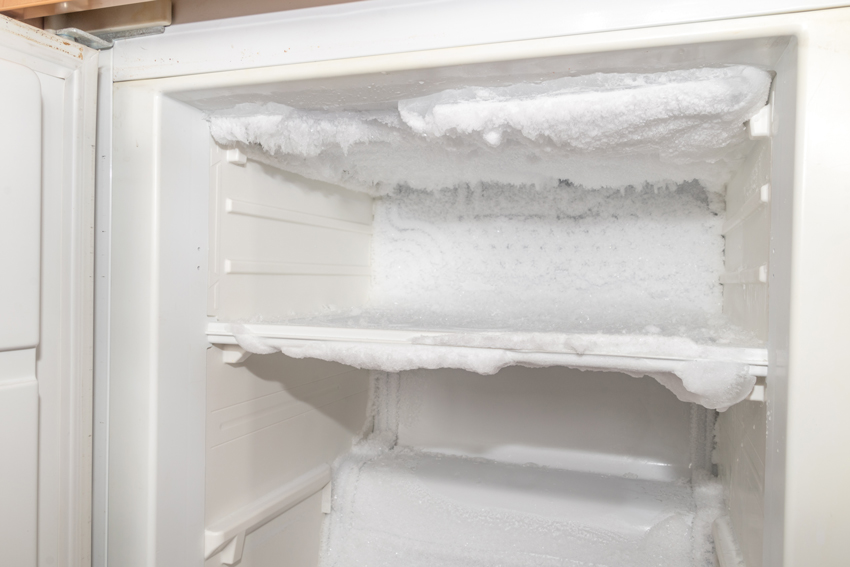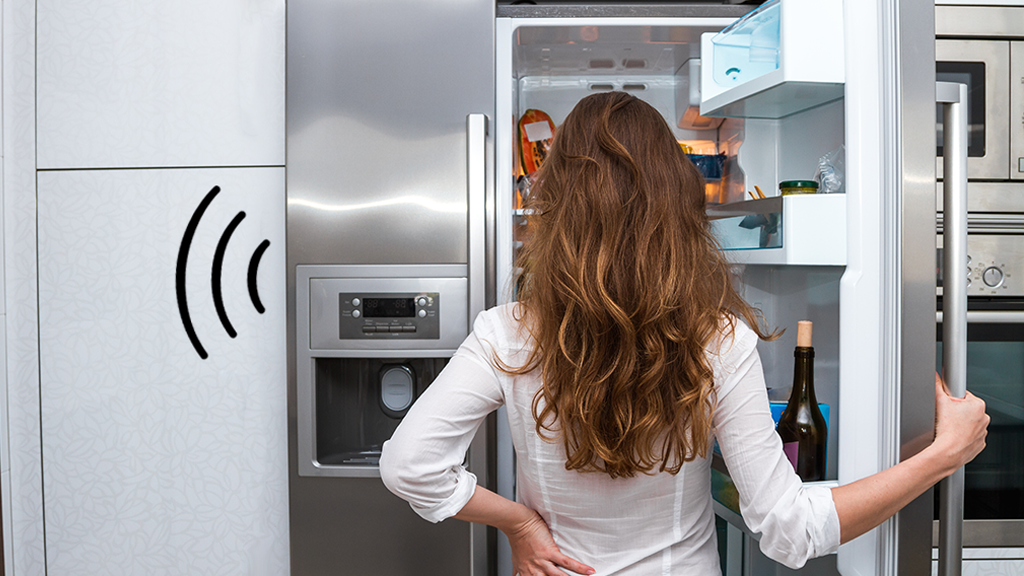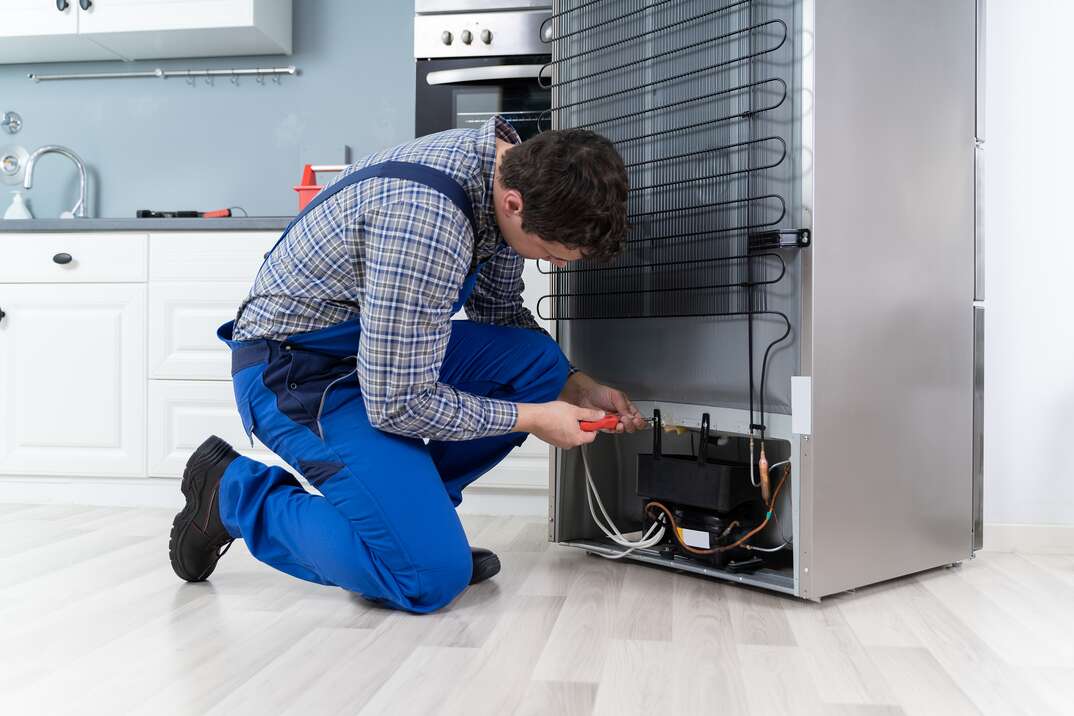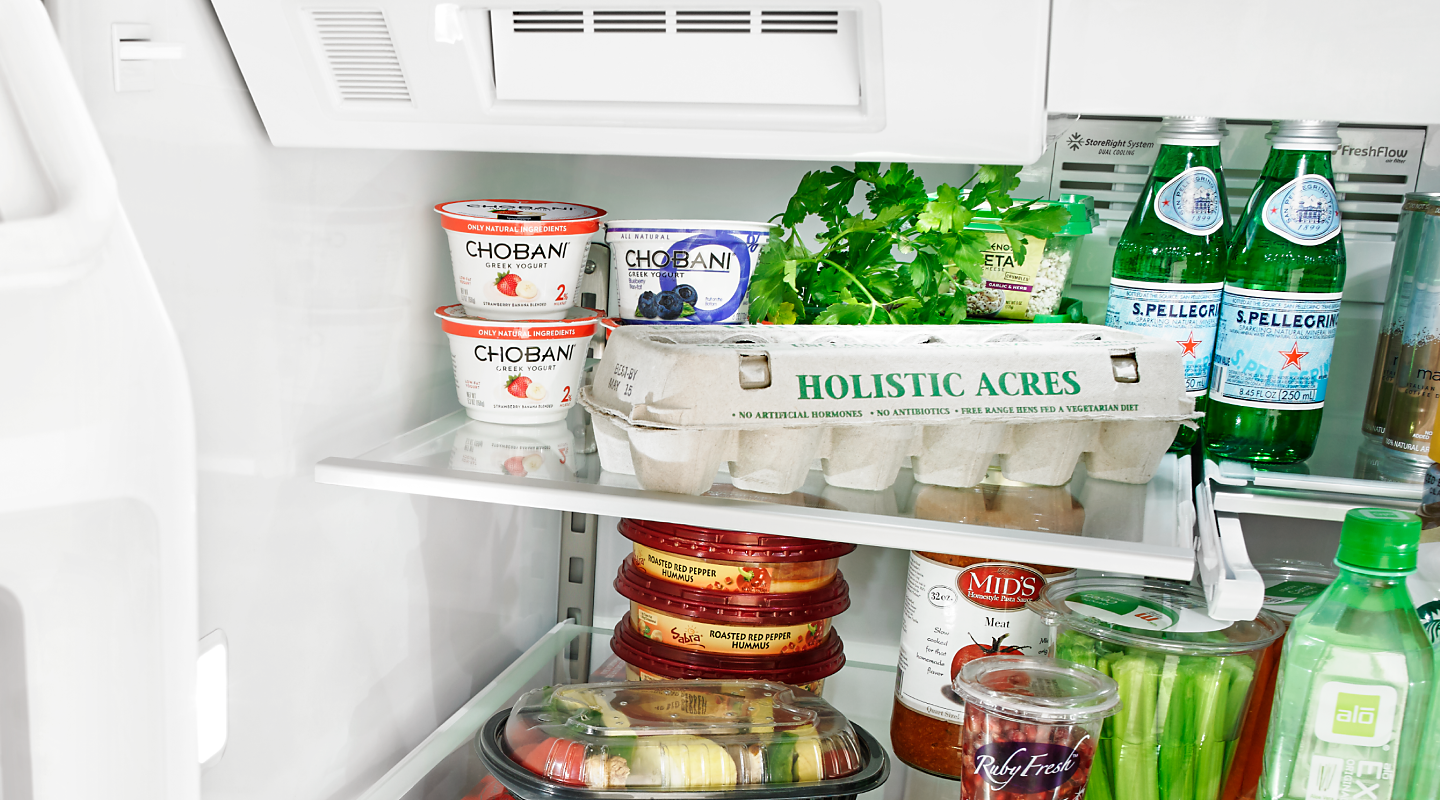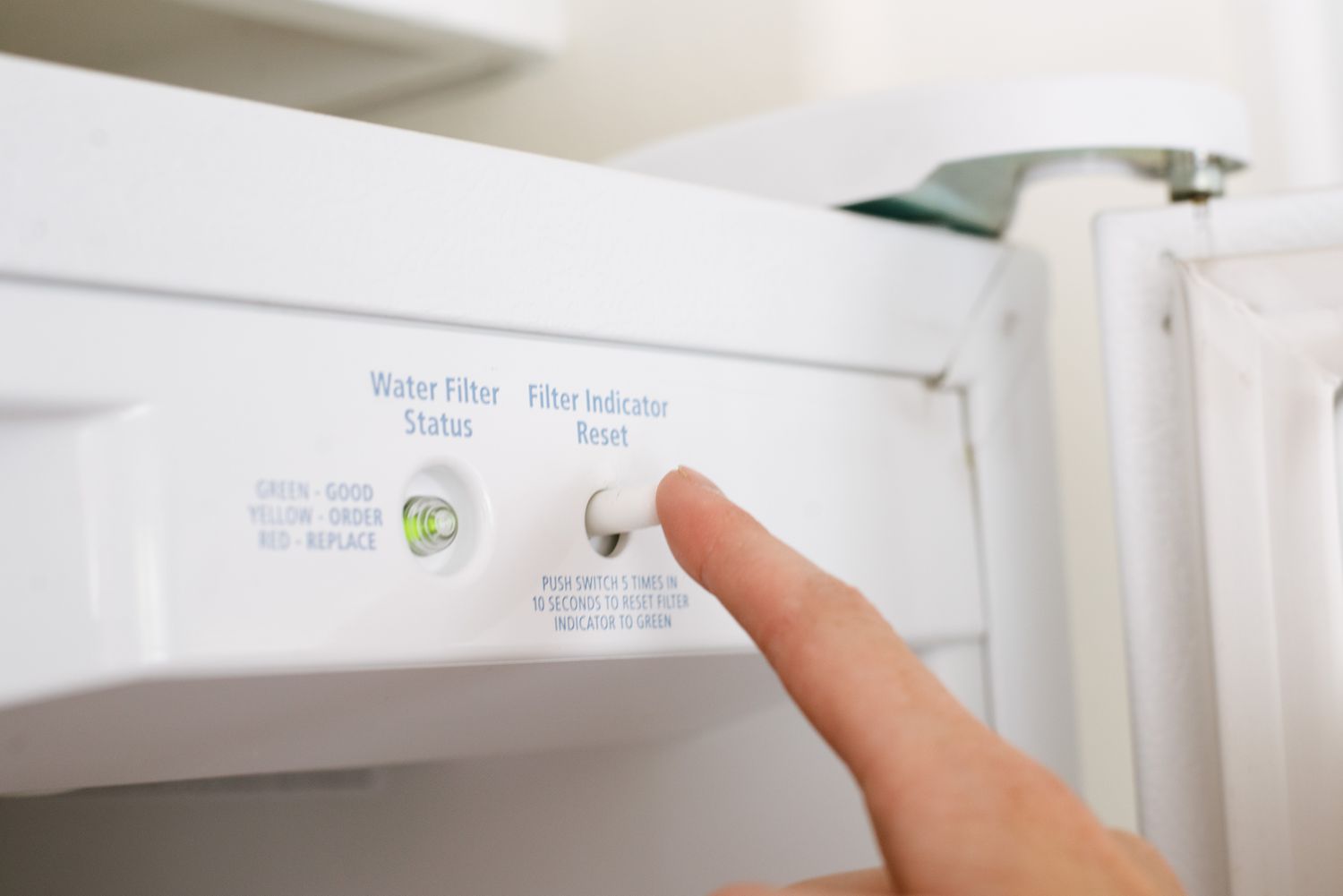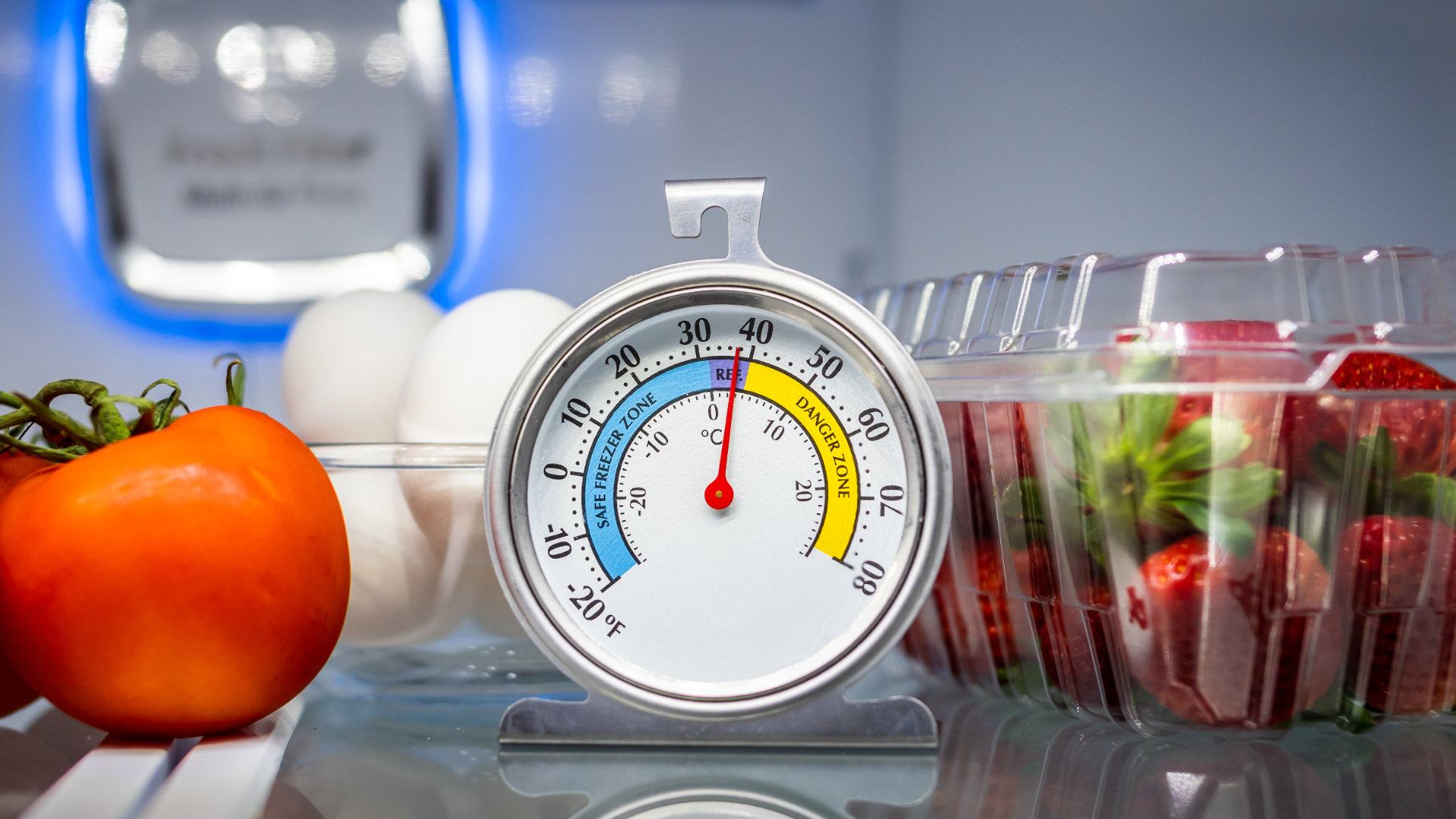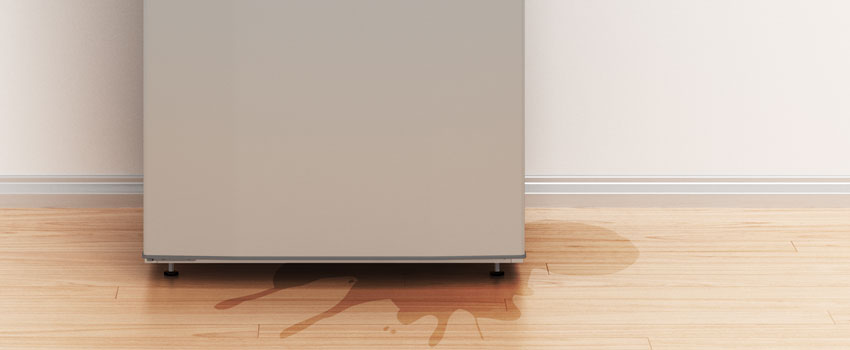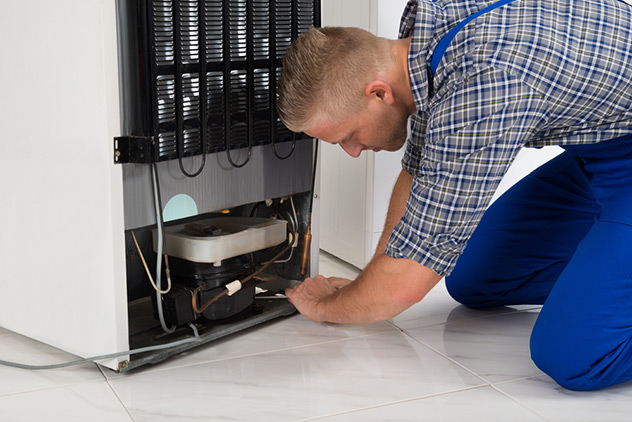Discovering that your fridge is overcooling can lead to frozen food, icy buildup, and potential damage to your groceries. Overcooling can be caused by various factors, ranging from simple issues like incorrect temperature settings to more complex problems like a malfunctioning thermostat or control board. Understanding the potential causes behind a fridge that’s overcooling and taking appropriate action is crucial to prevent food spoilage and maintain the proper functionality of your appliance. Here’s what you need to know:
Common Causes of a Fridge That’s Overcooling:
- Incorrect Temperature Settings: Check the temperature settings on your fridge to ensure they are not set too low. If the temperature is set too cold, it can lead to overcooling and freezing of food items.
- Faulty Thermostat: A malfunctioning thermostat may inaccurately detect the temperature inside the fridge, causing it to run continuously and overcool the appliance.
- Defective Control Board: The control board regulates the temperature and functions of the fridge. If the control board is faulty or malfunctioning, it may cause the fridge to overcool.
- Blocked Air Vents: Blocked air vents in the fridge compartment can disrupt the airflow and cause uneven cooling, leading to overcooling in certain areas of the appliance.
- Poor Door Seal: A damaged or worn-out door seal can allow cold air to escape from the fridge, resulting in overcooling as the appliance works harder to maintain the set temperature.

